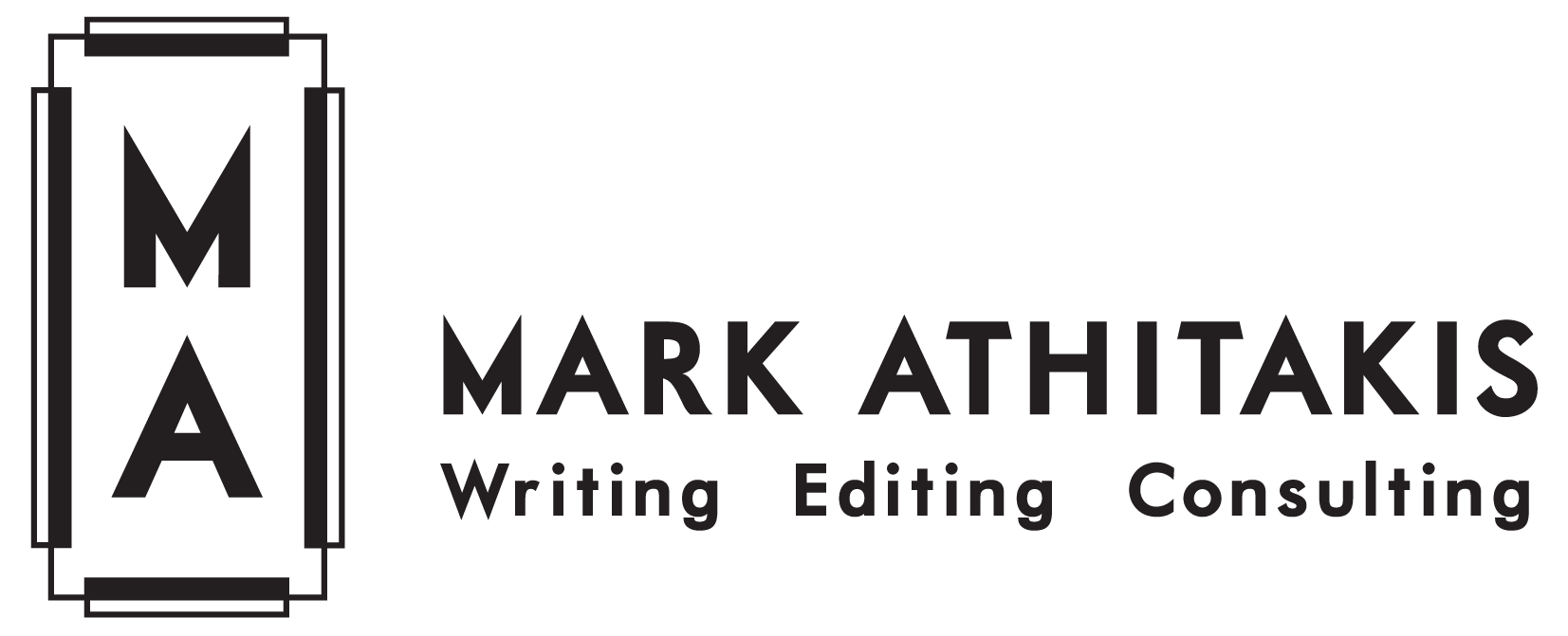I’ve read David Foster Wallace‘s The Pale King but feel at a loss to say anything about it. That’s partly due to its sheer sprawl; the time required to get a grip on it and say something cogent is time I don’t have. But that’s a bit of a lie, because there’s something else, something Robert P. Baird gets at in his essay on how much we can or should connect the text of The Pale King to its author’s suicide. As Baird suggests, a common instinct (and certainly my instinct) is to avoid the matter entirely by indulging in some New Critical close reading, but I’m more resistant than even that—I have an urge to say, screw it, that the whole enterprise of cobbling a novel together from the scraps he left behind was foolishness, and that it would’ve been better if Little, Brown had just released what is now chapter 22, the book’s masterpiece, as a trim, self-contained novella and left the rest for scholars to fight over. Or publish all of it, however large, because, as Baird writes in explaining why Wallace’s afterlife so ties us up in knots, “Wallace belonged to that slim class of writers—Frank O’Hara, Annie Dillard, and Martin Amis are three more—who knew or discovered or learned how to project intimacy with a force that felt literally telepathic.”
Karen Russell on Joy Williams‘ dialogue: “Exchanges as doomed and hilarious as those in a Beckett play fill her books. This speech rarely reads like a realistic transcription of the way that ‘normal’ people talk—but it gets at the primitive forces lunging under language.”
Dinaw Mengestu remains unhappy that his second novel, How to Read the Air, is being characterized as an “immigrant novel”: “The characters I’m writing about are Americans, even though they may be immigrants. So for critics to bring in part of my own identity, to say this is part of the novel as well, I find very problematic.”
Kyle Minor considers the last sentences of novels and whether or not they can be representative of the whole work in the way an opening sentence can. (A commenter points to the American Book Review‘s list of the 100 best last lines from novels, in a thread that also includes a good conversation about the last line of As I Lay Dying.)
Much of Lorrie Moore‘s essay on memoirs in the New York Review of Books feels like a series of cheap shots. The very structure suggests it: Here are two well-promoted memoirs about death from major New York publishers, and isn’t it interesting that they are bested by a little self-published book—one that, on the quoted evidence, seems stuffed with cliches and commonplaces. But I keep thinking about what seems at first like the weakest complaint in her review, about Meghan O’Rourke‘s The Long Goodbye: “O’Rourke’s mother and her mother’s sister, who both grew up in New Jersey, came down with the same disease and New Jersey’s alarming cancer rate is not given a mention.” I admire the book, and I don’t see it as losing something for lacking an investigation into Garden State carcinogens. But if we’re to respect memoirs as more than exercises in solipsism—or respect them at all, these days—a second effort to avoid trafficking in what Moore calls the “poetry of bereavement” may be worth the while.
William Maxwell is best known as a New Yorker editor, but he also wrote six novels. William Lychack recalls his correspondence with Maxwell and enthuses about his 1980 novel, So Long, See You Tomorrow.
Audio of Lydia Davis discussing her translation work.
Audio of Marilynne Robinson on the Old Testament roots of Christian liberalism.
Audio of Don DeLillo on the writer as a “bad citizen.”
George Saunders: “My experience of writing is that I had to work very hard to discover a tiny little wedge of talent, and almost immediately became aware that there were certain things I just couldn’t do. So then the challenge became something like: get through the rest of my life while running back and forth on that little wedge of talent, without blatantly repeating myself.”
Robert Gottlieb on how important editors are to writers: “Whether you’re a good editor or a bad editor or a non-editor, it doesn’t matter: You represent the crucial reading. Yes, his spouse has read it. Yes, her agent has read it. But you represent authority, even if you don’t deserve it. You also represent money. And if you have a decent reputation, a writer wants to know what a person with a decent reputation thinks. And of course, if it’s a writer you’ve worked with over the years, it’s even more crucial because there’s a visceral connection.”
